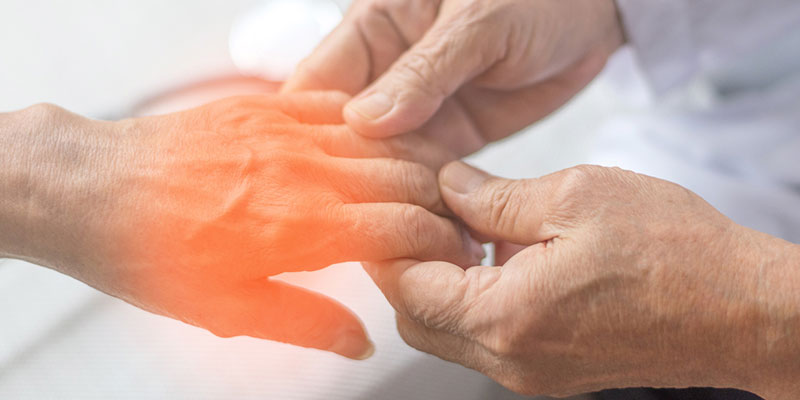
Peripheral neuropathy happens when there’s damage to your nerves outside of your spinal cord and brain. This often will cause numbness, pain and weakness, often in your feet and hands. But it can also affect some other areas in the body.
Below we are going to look at some of the signs and symptoms of peripheral neuropathy so that you know what to look for and so that you can tell your doctor what you’re feeling.
- There’s a gradual start of prickling, tingling or numbness in your hands or feet. This can spread up to your arms and legs.
- Pain that is burning, jabbing, sharp or throbbing.
- Being extremely sensitive to touch.
- Pain when doing activities that should not cause pain, like your feet having pain when you put weight upon them or when you’re laying beneath a blanket.
- Weakness in muscles
- Feeling like you have socks or gloves on even though you don’t
- If your motor nerves are affected, there could be paralysis.
If your autonomic nerves have been affected, symptoms and signs could include:
- Intolerance to heat
- Inability to sweat or excessive sweating
- Digestive, bladder or bowel problems
- Changes in your blood pressure, which could cause lightheadedness or dizziness
If you have noticed any of these symptoms, it’s a good idea to speak with your doctor right away. The best thing that you can do when you have peripheral neuropathy is to be treated because that is going to give you the best chance of living a better life.






